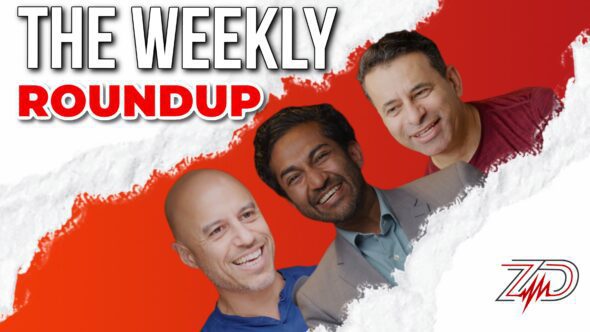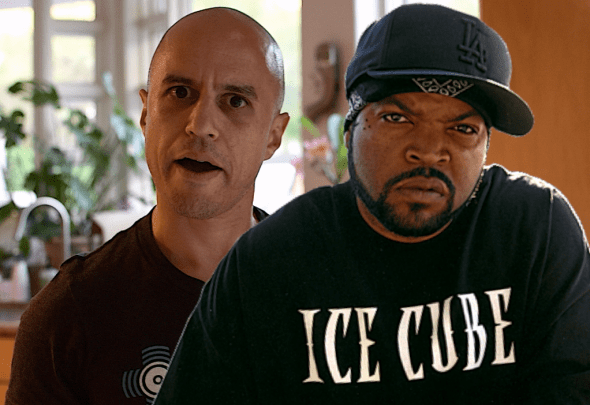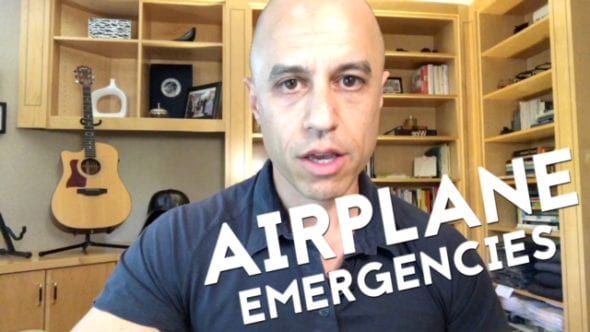We can’t respond appropriately if we don’t even understand our personal risk. Here’s a quick primer.
Here is an editorial and some links to check out.
Transcript Below!
It’s Dr. Z. Hey, are we too cautious or too careless when it comes to Coronavirus? Well, the answer is, oh both.
Because Americans are extraordinarily bad at understanding risk. And this is of crucial importance because if we overestimate the risk of Coronavirus, we destroy the economy and our social fabric. If we underestimate the risk of Coronavirus, we lose lives.
Well, it turns out, young people, people 24 and under, overestimate their risk by an inordinate amount. So they assume that 8% of these young people get really sick and die with Coronavirus. which I think is like 11,000 deaths should happen in 24 and under based on survey results of what young people believe. Well, turns out 258 Americans under the age of 24 have died of coronavirus.
That makes automobile accidents 36 times more deadly for people 24 and under. Your likelihood of dying of coronavirus if you’re under the age of 24 and don’t have a ton of medical problems is like infinitesimally small. And yet we overestimate it.
Why is that bad? ‘Cause these are the same young people who frequent businesses, who use restaurants, who go out in public. And the truth is, if you wear a mask and you do those things, and you take reasonable precautions, you’re pretty dang safe.
There were the salon workers in Missouri, both of whom were infected with COVID. They wore masks, their clients wore masks, about 130 odd clients, not a single person got sick from them. So you can do things in the world without getting COVID. So, risk mis-adjustment number one.
Now what about old people? So the elderly seem to think they’re not at high risk for this by a factor of two. They underestimate how deadly it is. It turns out COVID-19 is 14 times more deadly for elderly people than automobile accidents. That’s a big, big difference. So what does that mean for the world?
Well, it means that protect people at risk. Nursing homes, people who are at high risk should take extra precautions, maybe staying home if they don’t have to go out and shop, definitely wear masks, wash hands, all the other things social distance. Be careful around young people who can be asymptomatic spreaders.
You don’t want young people to underestimate their risk so much that they’re out behaving like punks and asymptomatically spreading it, but some balance where you’re taking reasonable precautions.
Now, what does politics have to do all this? Well, it turns out, Democrats are much more likely to overstate and catastrophize the risk to young people, regardless of where they live, Republicans are more likely to understate and actually resist public health authorities asking for masks and social distancing and things like that.
Now, it turns out, it’s probably more the case that these two groups are triggering each other, than they’re actually responding to the science and the actual risk.
So here’s the call to action. Let’s have a nuanced discussion, good luck with that in America, about risk and benefit, open up the economy, get the schools opened up again, take pretty much universal masking where you can’t social distance and just do the right thing. And we’ll get through this thing. And if we get beyond the politics and all the misunderstanding, we will do much, much better simply by understanding risk. Not too careless. Not too cautious. Just right. It’s like a Goldilocks thing.
Category
- The ZDoggMD Show (817)
- Featured Videos (189)
- Doc Vader (142)
- Against Medical Advice (128)
- Medical Humor (95)
- Public Service Announcements (87)
- Music Parodies (74)
- Nurses (59)
- Meditation (45)
- The VPZD Show (38)
- ZVlogg (36)
- ZTalks (28)
- ZBlogg (24)








